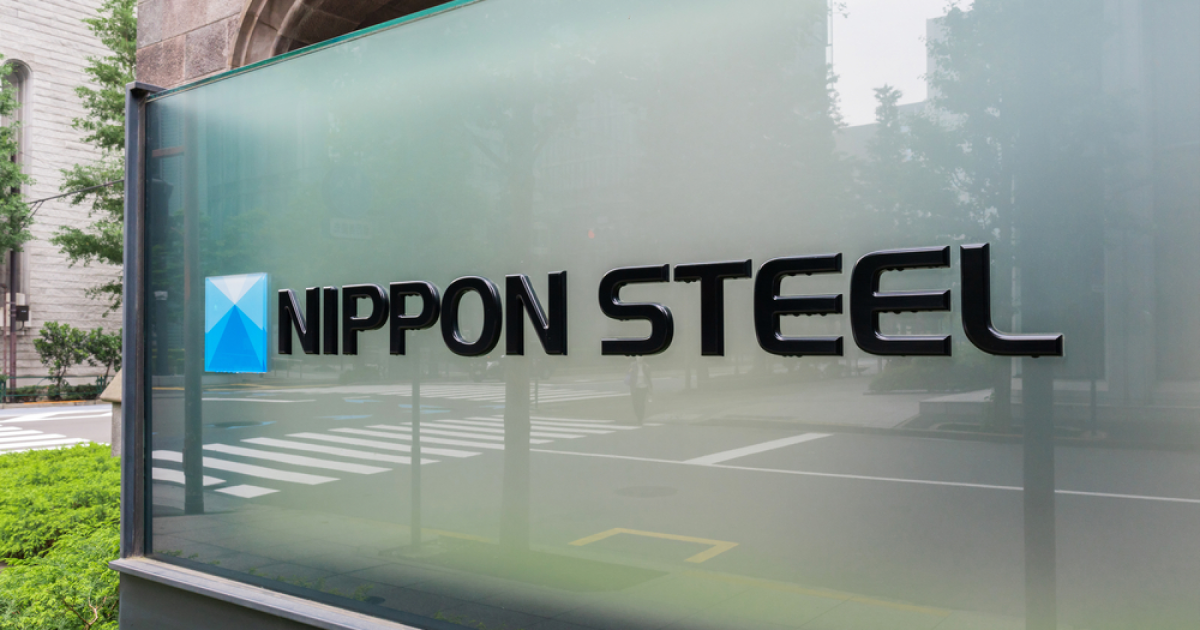Nippon Steel Says 142% US Steel Premium Deal Makes Sense
Nippon Steel says 142% US Steel premium deal makes sense, highlighting the strategic rationale behind their $14.1 billion acquisition and its impact on the global steel industry.
Author:Rhyley CarneyReviewer:Paula M. GrahamDec 19, 202311.3K Shares150.7K Views

Nippon Steel's recent announcement of a $14.1 billion acquisition of U.S. Steel marks a significant move in the steel industry, signifying the Japanese giant's intent to broaden its global reach. Nippon Steel says 142% US steel premium deal makes sense. This decision comes amid a backdrop of declining demand in Japan due to a shrinking population, prompting Nippon Steel to seek growth opportunities in international markets.
Growth Strategy Amid Domestic Challenges
"Nippon Steel aims to complete a global network... by establishing a base in the United States... where steel demand is expected to grow," said Eiji Hashimoto, President of Nippon Steel, at a news conference.
This expansion is crucial for Nippon Steel, as Japan, accounting for nearly 60% of its revenue, faces a dimming outlook for high-end steel used in autos and electronics. The acquisition, adding 20 million metric tons of crude steel capacity to its existing 66 million tons, positions Nippon Steel as a major supplier to the U.S. auto industry.
Market Reactions and Financial Implications
Despite the strategic intent, the announcement led to a 6% decline in Nippon Steel's shares, primarily due to concerns over the premium paid for the deal. The company offered $55 per share in cash, a 142% premium over U.S. Steel's share price before the bid, valuing U.S. Steel at a significantly higher enterprise value per ton compared to Nippon Steel. Mark Chadwick, a Japan analyst, noted, "In many ways, Nippon Steel is paying a huge premium."
Hashimoto defended the premium, stating, "U.S. Steel is not a competitor to us in the U.S. market or elsewhere, so we can objectively say that it is a best match."
He further added that there was a "sufficient economic rationale" for the acquisition, though the company hasn't projected the value of synergies expected from the deal.
Industry Impact and Future Prospects
This deal propels Nippon Steel into the top 3 global steelmakers and marks its most significant overseas push, reducing reliance on the Japanese market. The acquisition's timing is also strategic, following recent investments in electric arc furnace steelmakers in Thailand and a stake in Canadian miner Teck Resources' steelmaking coal unit.
"The two combined will have a sizeable chunk of the global auto market and look well placed to benefit from the shift to EV motors known as e-steel," Chadwick remarked. However, he also cautioned about the costs of industry decarbonization.
Political and Environmental Considerations
The merger faces scrutiny from U.S. senators and labor unions concerned about foreign ownership of a historic American company. Nippon Steel's approach towards the United Steelworkers union will be critical in navigating these concerns. The deal also aligns with Nippon Steel's net-zero emissions target by 2050, as the merger could accelerate green technology in the industry.
Conclusion
Nippon Steel's acquisition of U.S. Steel is a bold move to counter a weak domestic outlook and assert its presence as a global steel titan. While the deal comes with its share of financial and political challenges, it represents a significant step in reshaping the industry and positioning the company for future growth in the evolving global steel market.

Rhyley Carney
Author

Paula M. Graham
Reviewer
Latest Articles
Popular Articles